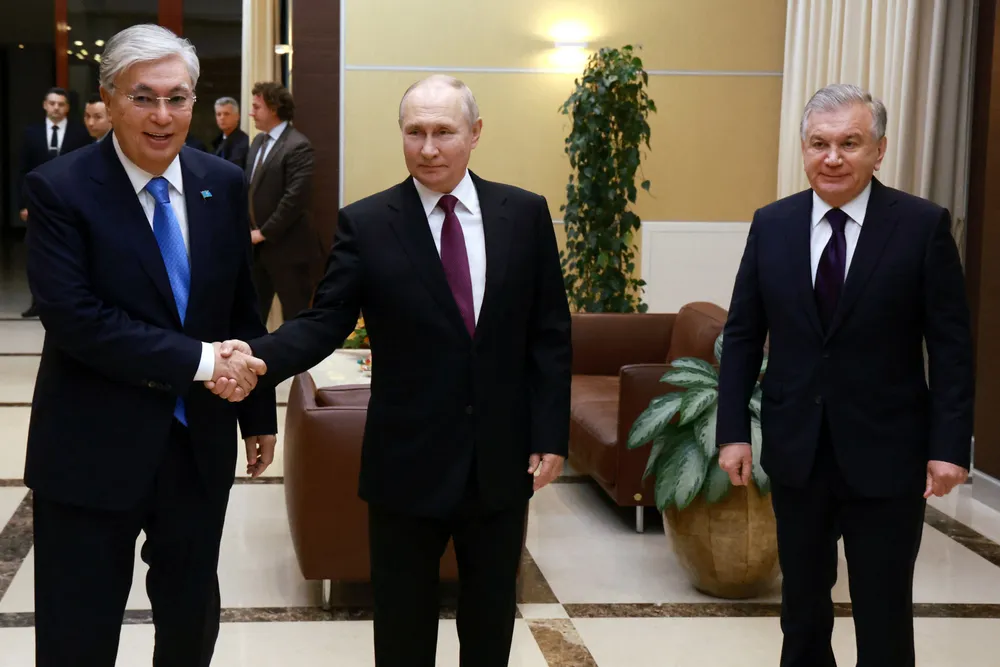Russia sharpens its energy weapon as war in Ukraine drags on
Oil and gas supplies — and preferential terms for some countries — are helping Moscow widen its orbit of influence

Oil and gas supplies — and preferential terms for some countries — are helping Moscow widen its orbit of influence
